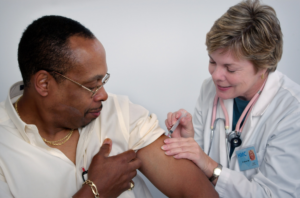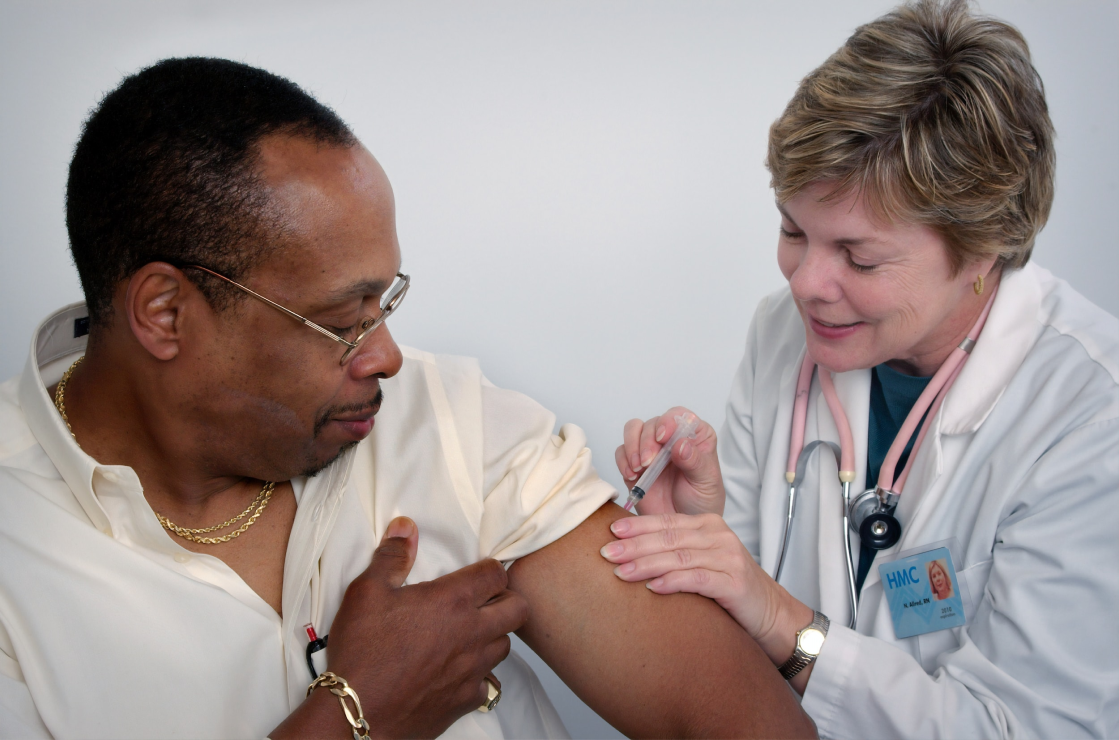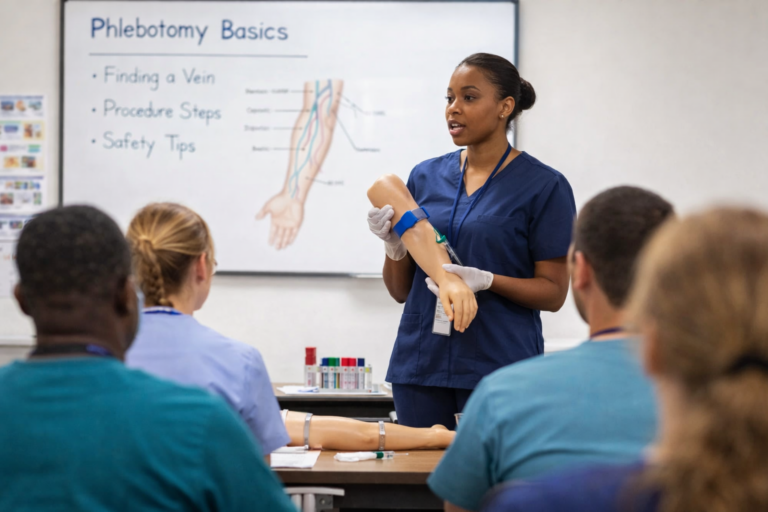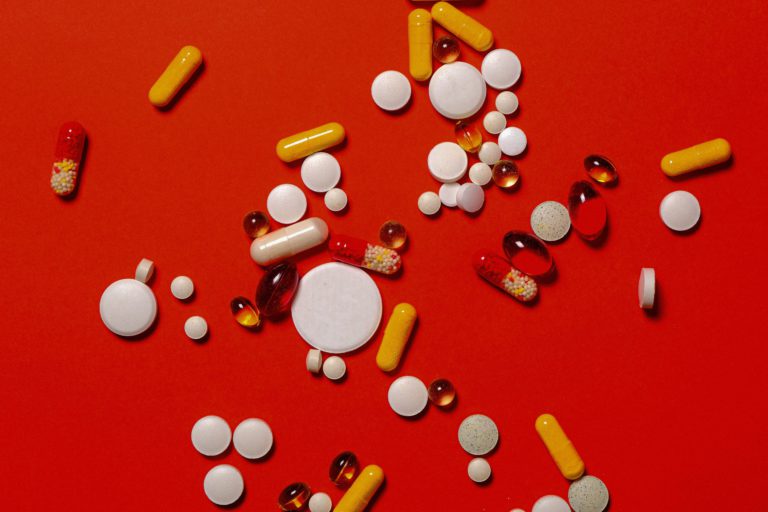
The flu is a contagious respiratory illness caused by influenza viruses. It can lead to serious complications, such as pneumonia, and can be especially dangerous for certain groups of people, including young children, older adults, and individuals with certain underlying health conditions.
One of the best ways to protect yourself and your loved ones from the flu is by getting a flu shot. Flu shots are safe and effective vaccines that can help to prevent you from getting the flu and can reduce the severity of symptoms if you do get sick. Here are a few reasons why getting a flu shot is important:
- Protect yourself and others: The flu can be transmitted from person to person through respiratory droplets, such as when you sneeze or cough. By getting a flu shot, you can reduce your risk of getting the flu and spreading it to others, including those who may be more vulnerable to serious complications.
- Save money and time: The flu can lead to missed days of work or school and costly medical bills. Getting a flu shot can help you avoid the costs and inconvenience of getting sick and can help to keep you and your family healthy and productive.
- Reduce the burden on the healthcare system: During the flu season, healthcare facilities can become overwhelmed with patients seeking treatment for the flu. By getting a flu shot, you can help reduce the healthcare system’s burden and ensure that resources are available for those who need them most.
- Stay healthy: The flu can cause severe symptoms, such as fever, cough, body aches, and fatigue, that can leave you feeling miserable for several days. Getting a flu shot can help to reduce the severity of your symptoms and help you to recover more quickly if you do get sick.
In conclusion, getting a flu shot is an important step in protecting yourself and your loved ones from the flu. It can save you money and time, reduce the burden on the healthcare system, and help you to stay healthy. Be sure to talk to your healthcare provider about getting a flu shot and follow their recommendations for when and how to get vaccinated.





